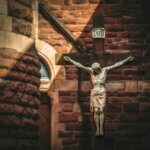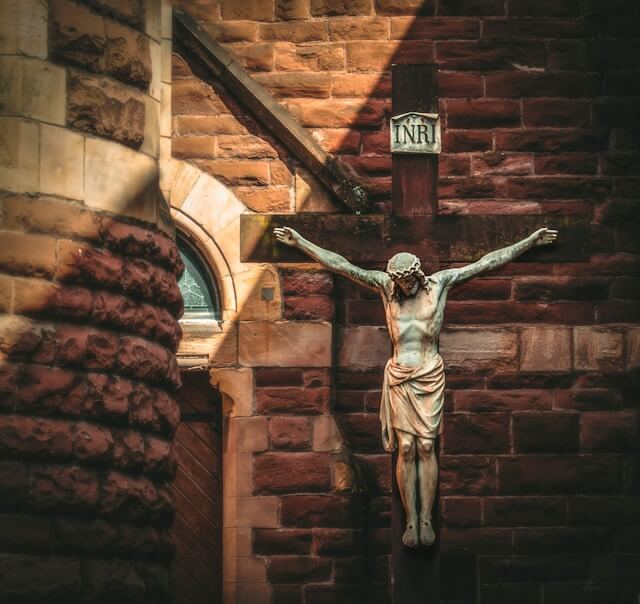Auszug aus: Journal for Markets and Ethics (2018)/1
Luigino Bruni
Online veröffentlicht: 25 Mar 2019
Seitenbereich: 121 – 132
Zusammenfassung
From the very beginning of civilization, economic reality and words have been intertwined with religions and vice versa. It would be enough to think at the phenomenon of sacrifice, that is, the first “language” that religions used to communicate with the divine. In the Western culture, a deep cross-fertilization between theology and oikonomia has occurred in both the Old and the New Testament. In addition, modern political and civil economy, namely the Northern and Southern European economic traditions, can be properly understood in relation to Christian religion in its Catholic and reformed humanisms. These two different spirits of capitalism have still important effects in today’s US and EU ways of understanding the nexsus between market and society. In this paper, the author explores some of the issues where these differences in spirit are more relevant (i.e., gratuitousness and meritocracy) and then concludes with some hints about the nature of a different “spirit” of capitalism, that is coming from the Catholicism.
Schlüsselwörter
- Capitalism
- Religion
- Protestant ethics
- Meritocracy






